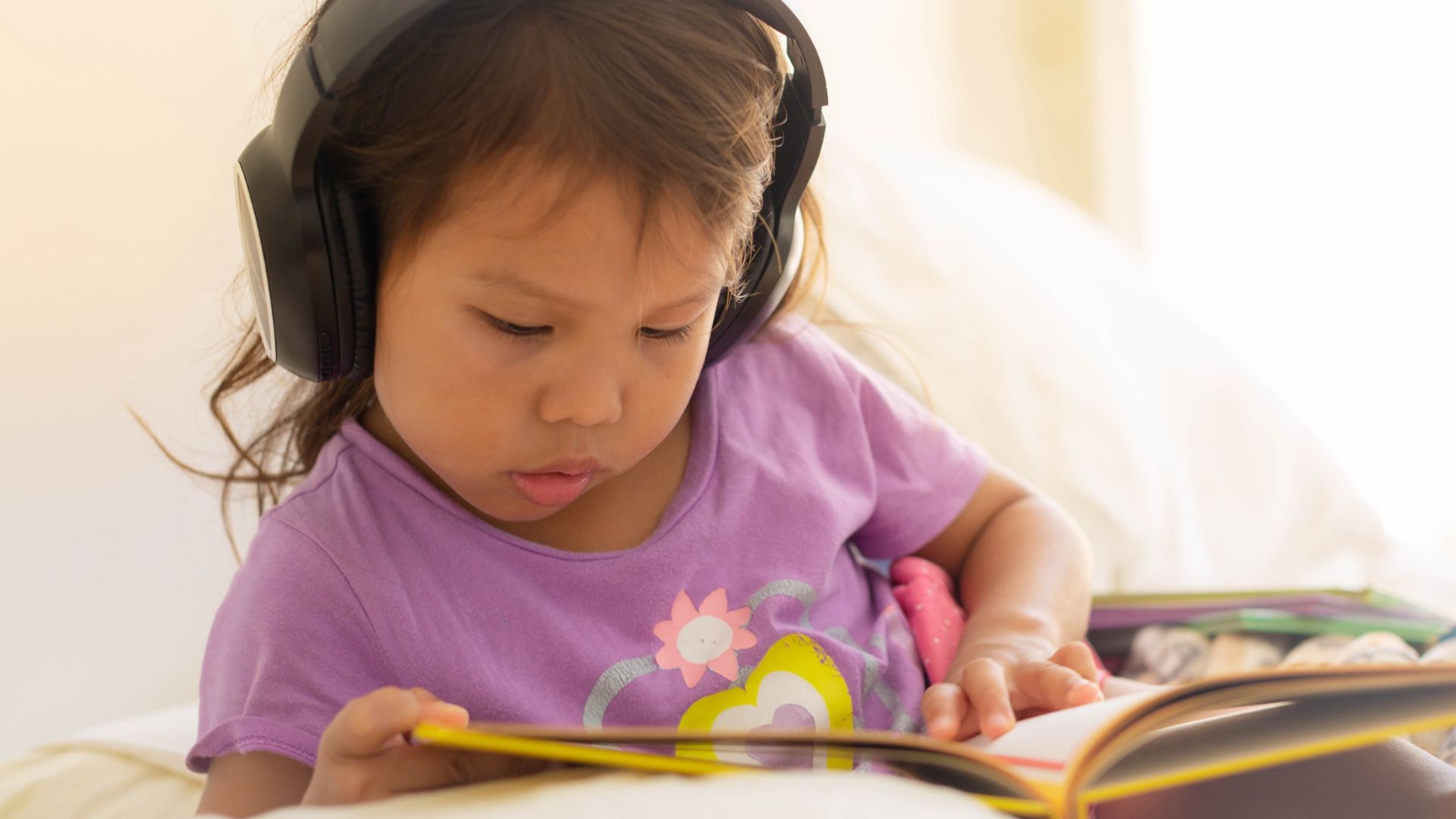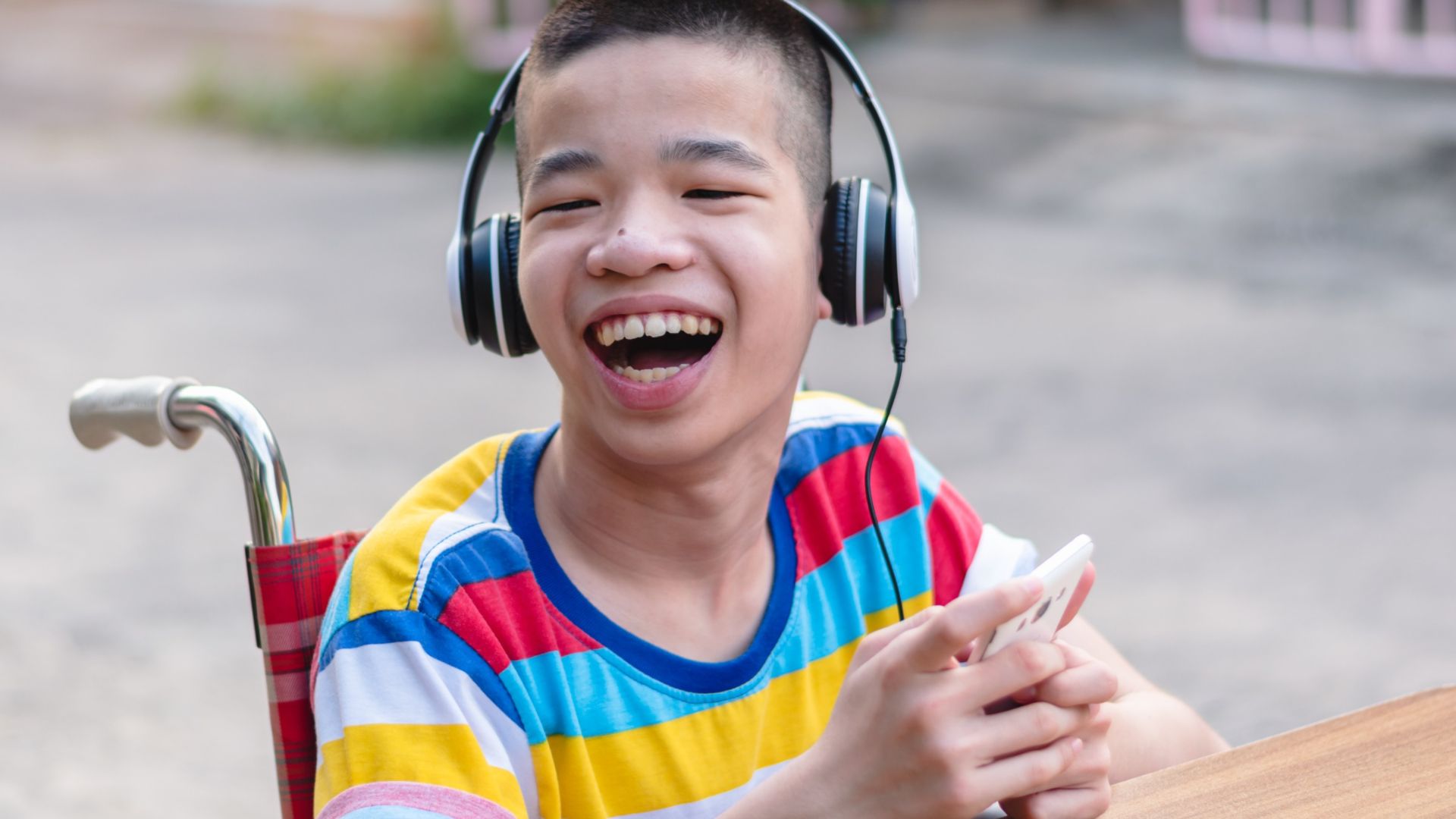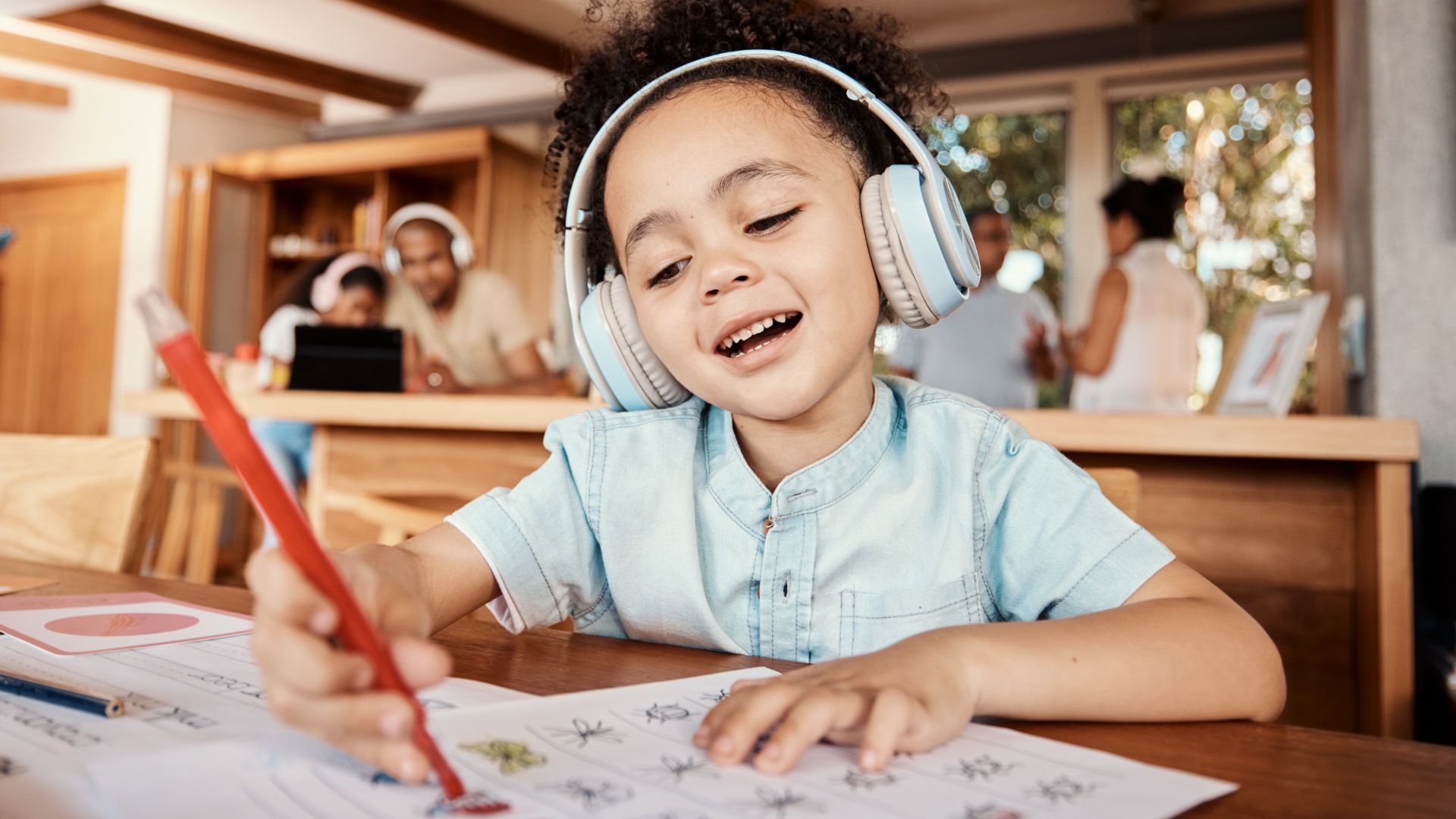
As we strive to create an inclusive and engaging learning environment, it’s time we embrace the fact that reading goes beyond the written word.
Contrary to popular belief, audiobooks are not simply a shortcut or a substitute for reading; they are a valuable tool that can enhance comprehension, foster a love for literature, and empower our students to finally be the readers they have always dreamed they could be.
Guest Author: Pernille Ripp
Pernille Ripp (she/her) is a former American public school teacher, adult literacy coach, and currently is expanding work in early childhood education in Denmark. In her co-created teaching spaces, students’ identities are at the center of their explorations, as well as considering how to fight for change.
She is an international speaker and education developer, working with educators in need of better learning conditions, literacy instruction, and overall school experiences for children and adults on a global plane. She is also the founder of The Global Read Aloud which has connected millions of students in more than 85 countries. She believes in having the courage to change and even break the rules for the good of kids and education. Besides being with her own family, there is no place she would rather be than alongside children and educators fighting for change in the world.

“What should I read next?” he says, eagerly awaiting my answer.
His question takes me by surprise. After all, there is no possible way he has finished the book I downloaded for him two days ago. This child, who at first fought me to even open the pages of a book, then comfortably slid into the art of fake reading. The same child who would rather read the same graphic novel every day than venture into new pages is standing before me eagerly asking for his next read.
“You’re done already? What did you think?” I ask, trying to feel out if he actually read it.
“It was so sad…at the end, when his dad came. I couldn’t believe it…” He keeps going, telling me parts of the story that make me nod in recollection, and it dawns on me: he did read it. And even more, he loved it. He is proud. And he is ready for another book.
“When did you find the time to read it?” I ask, still surprised.
“Last night…It got interesting so I listened to it all night. Three hours, I think.” He says, “So what do I read next?”
This child who has not read a chapter book all year. Who has abandoned book upon book, casting aside any favorites that we could think of. This child, whose disengagement has made us worry late at night, whose ability to tell you exactly what you want to hear has befuddled us all. He now stands before me, beaming, waiting for the next book. He has become a child that reads.
And he is not alone. Many students who have never liked reading are begging for the next book, begging for more time to listen.
Yes, listen. These students are devouring one audiobook after another. Comprehending the words without having to struggle through the decoding. Accessing stories that they have heard their friends talk about. They no longer grab easier books while longing for something with more substance and maturity. These children are finally feeling like readers with the help of audiobooks.
Some may say that audiobooks do not count as reading; I certainly used to balk at them counting toward any reading goal. But a few years back, my students changed me. Sure, there are cognitive differences in the processes that happen when we read with our eyes versus our ears; however, the skills that we are able to utilize through reading an audiobook are monumental in building further reading success. And research has shown that the cognitive processes are surprisingly similar. Listening to audiobooks can provide many of the same cognitive benefits as reading print books, including improved vocabulary, comprehension, and critical thinking skills. (National Library Service for the Blind and Print Disabled)
So what do audiobooks (and investing in audiobooks) do for our students?

Provide equity in the reading experience.
Students who read significantly below their grade level are able to access the same texts as their peers. Now, when they browse for books they can select any they are interested in and we can get copies on audio.

Support critical thinking skills.
Students can develop critical thinking skills without having to spend enormous brain power on decoding. And research agrees as well; children who listened to audiobooks showed significant improvements in reading comprehension and fluency, according to Stanford University. We don’t have to simplify our text choices when students can receive proper support through audiobooks.

Reignite a passion for reading.
Often students who are developing readers start to hate reading. And I get it; when you are constantly in struggle mode, it can be so tiring. Having access via an audiobook lets students finally enjoy a story. They can be in the zone because their brain is not occupied with the work of having to decode every single word, creating a deep immersion into the reading experience.

Welcome children with disabilities.
Audiobooks can be a valuable tool for improving reading comprehension and retention in individuals with ADHD or other attention disorders according to the Journal of Adolescent Psychology. Children who prefer to move rather than remain static can pace, doodle, or otherwise release energy while they listen. So often, my kids who self-confessed to hating reading tell me that what they really hate is sitting still. So providing them with a way to listen while moving, has enormous benefits. And that just speaks to the benefit of one learning difference; now consider the many ways audiobooks can support children with a variety of learning needs.

Provide new strategies for teaching reading.
I can now pull out segments of text to use with a student knowing that they have the proper background knowledge, which is a key component when we build understanding. I do not have to reference the entire text but instead can have them focus on the skill at hand. This, therefore, allows me to support their comprehension growth more efficiently.

Give us a gateway into reading with their eyes.
Oftentimes, my developing readers harbor enormous hesitancy when it comes to veering out of their known text. They are quick to dismiss, abandon, and feign disinterest, all in the interest of saving face and avoiding yet another reading disappointment. However, many students finding success within the audiobook world are building their courage, their stamina, and their desire to pick up print texts.
I could list more reasons, such as being exposed to amazing fluency, students feeling like they have relevant thoughts when it comes to discussion, building overall reading self-esteem, planting high-interest books in the hands of students, and even changing the reading dynamics within a classroom.
In the end, I wonder whether it really matters if having students read audiobooks is cognitively not precisely the same as when they read with their eyes. If our true goal of teaching reading is to make students fall in love with books, then audiobooks are a must for our classrooms. And so is the notion that they count as real reading. We should no longer denounce or diminish the very thing that can make the biggest difference to some of our students. In fact, excluding audiobooks from the definition of “reading” perpetuates an ableist mindset that overlooks the needs of individuals with disabilities, and can have negative consequences for the very children we say we care for. And so it is time to change our tune as educational communities.
That boy who asked for another book started listening to All American Boys next. That boy who has faced discrimination, and judgment, and despite this has tried to rise above it all by being an amazing kid every single day. He is now reading a book that may make a huge impact on his life. That may offer him tools if he ever were to face a similar situation. And he wouldn’t have been able to before. That book would have been so far out of his zone of proximal development that he would have been robbed of the experience for a long while yet. But not anymore; he feels like a reader now. And he is proudly telling everyone he meets about the books he has read.

